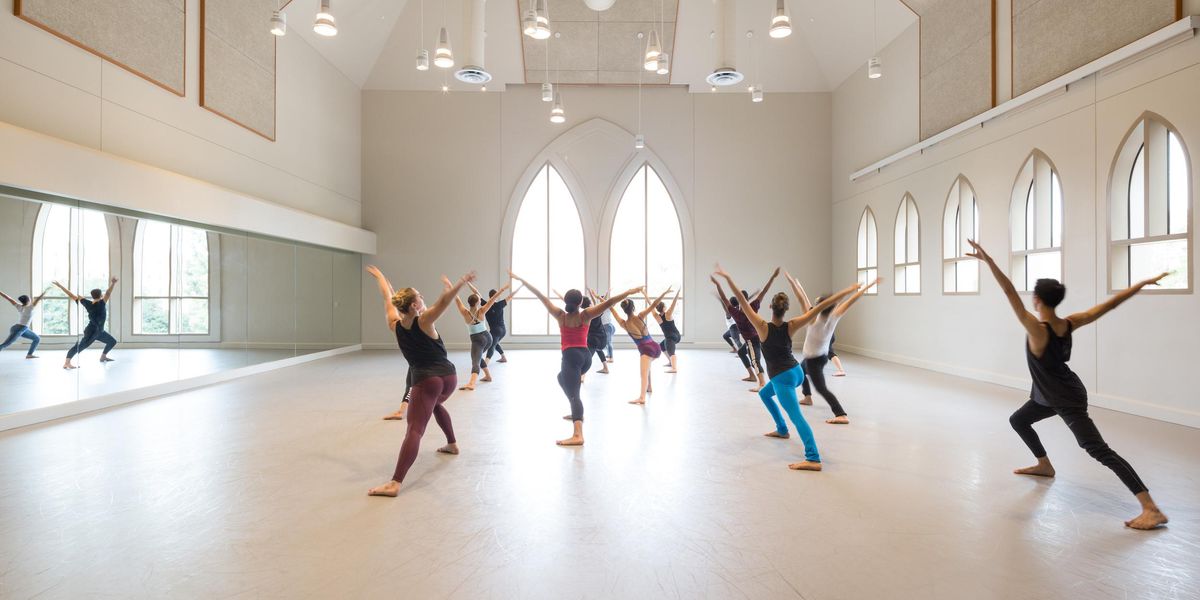Reviews Recap: Summer Edition
Summer is the season of festivals—and, this summer at least, marathons (not just Olympic ones), with Pina Bausch’s month-long retrospective in London, the Paris Opéra Ballet’s eleven-day run at Lincoln Center, and four weeks of Pilobolus at the Joyce. That’s meant theater-going marathons for some of Dance Magazine’s critics, whose reflections you can find on our reviews page, www.dancemagazine.com/reviews. Here’s just a glimpse into what they’ve been seeing and thinking about.
Lynn Garafola brought her dance historian’s eye to multiple viewings of the world’s oldest ballet company, which made a rare New York visit in July. While Paris Opéra Ballet’s classical roots run deep, its three varied programs suggested that “the company’s heart lies elsewhere”—in more contemporary work. Indeed, Garafola found the dancers to be most at home not in Giselle or Serge Lifar’s Suite en Blanc but in Pina Bausch’s Orpheus and Eurydice—though as far as Bausch’s work goes, this 1975 opus is hardly her most contemporary. As Garafola writes, “Orpheus reveals a Bausch before Tanztheater. Here is the choreographer as a mid-century modern, with the contractions, falls, tilts, flowing arms, and lifts of her American forbears—Graham, Humphrey, Limón, Taylor, Tudor—melded into her own idiom.”
The better-known Bausch could be found in London, where her Tanztheater Wuppertal spent a month shuttling between Sadler’s Wells and the Barbican, in what Barbara Newman calls “a spectacular series of 10 evening-long works.” Newman was right there with them, reveling in the many poetic mysteries of Bausch’s worlds—moments at which, for instance, “I saw a couple dealing with shared obstacles. A friend saw a stalker, shadowing his prey.”
A different kind of “spectacular” was on display in Pilobolus’s two programs at the Joyce. Robert Johnson takes us back to this company’s humble beginnings in his critique of how “Pilobolus, the brand, has supplanted Pilobolus, the dance company.”
While money is the measure of success for some artists, others, like William Forsythe, have experimented with defining success in terms of failure. His Yes we can’t, what Victoria Looseleaf calls “a deliberate exercise in bad dance-making,” was one of the many works that she caught at this year’s Montpellier Dance Festival, a mixed bag that was commendable for its broad curatorial scope, even if the whole amounted to “less than the sum of its ambitious parts.”
For more summer dance coverage—of Jessica Lang Dance, The Royal Ballet, Jason Samuels Smith, the Australian Ballet, and more—check out our reviews page and Wendy’s latest blog, where she shares her thoughts on the Vail Dance Festival. —Siobhan Burke




